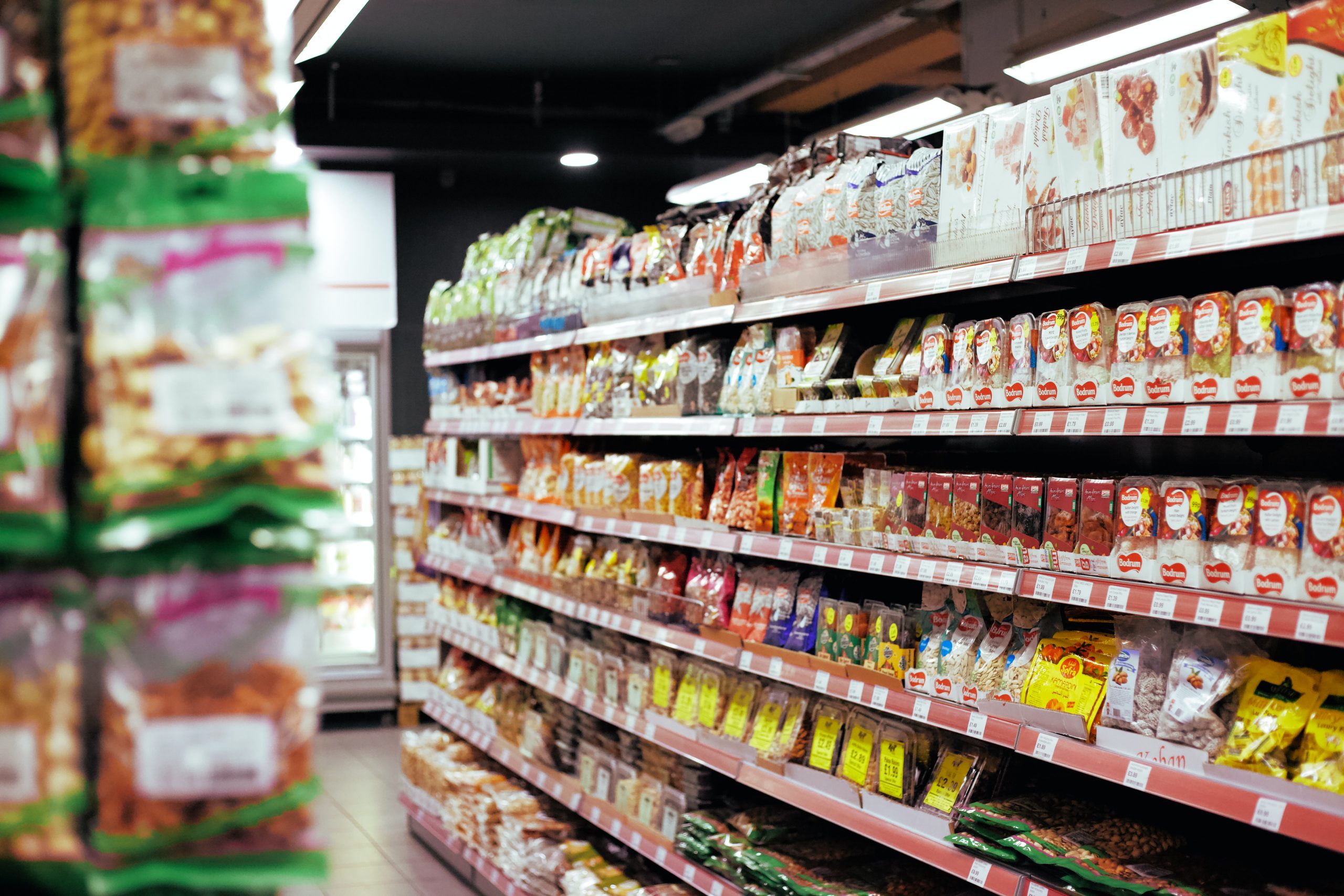A Food Warning

Make no mistake about it, the security of the world’s food supply is at risk. Many scientists, concerned about population growth and global warming, have been warning us that by the year 2050 we will not be able to grow enough food to feed all of the people on the planet.
How can that be when the aisles at Whole Foods are so plentiful? There are so many varieties of produce, prepared and packaged foods with prices…well they’re high but not that bad. Surprise, surprise. That’s not the real world. There are 7.6 Billion people on Earth and less than 10% of them (e.g. 750 million) have access to the bountiful aisles in our grocery stores.
The rest of the 6+ billion people are just searching for food, for calories, for some essential nutrients and especially for protein. While many of us may argue the value of being vegan or vegetarian, the fact is that global demands for protein from milk and meat products continue to increase sharply. These demands cannot be met by simply turning to the consumption of plant-based proteins. They don’t know from organic, or vegan or vegetarian, or gluten-Free. In fact, these issues are completely irrelevant to them. In addition to this, well over 1 billion people are considered to suffer from serious malnutrition. In 2020, we will see 14 million adults and 3 to 4 million children starve to death.
This is one of humanity’s greatest crises. If anything, it’s getting worse and we don’t give it the attention it deserves. Yes, poverty and issues of food distribution are part the problem but more acutely, there is strong evidence to suggest that the world’s food supply is in serious peril. Especially as we reach a population of 10 Billion people in 2050 — that is less than 30 years away. There are a number of critical reasons that are bringing this crisis on that we’re not paying enough attention to.
- Population growth, especially in Asia and Sub-Saharan Africa and parts of South America, continues to be a major concern. Where is the additional food going to come from?
- Major amounts of agricultural lands are being depleted as a result of urbanization (the build-up of cities, factories and roadways). Severe draught is increasingly seen in huge areas of China, Africa, Australia, South America and even North America. This is making agriculture either impossible or highly inefficient.
- As water becomes increasingly scarce in many areas of the world, and energy becomes more and more expensive, the cost of agriculture and therefore, the cost of food, starts to become prohibitively expensive.
- Extreme weather (e.g. heat, draught, hurricanes and severe flooding) have profound impacts on agricultural output worldwide. Further, the incidence of severe weather events is up more than 50% over the past 15 years.
- Almost 25% of the fossil fuels that we burn for energy are related to agriculture, resulting in sharp increases in greenhouse gases. This is exacerbated as we cut down forests to grow crops and thereby further increase the accumulation of atmospheric C02 and the resultant global warming. Agriculture is also a major polluter of our lakes and rivers. Namely, run-off of chemical fertilizers from the fields.
The status quo seems increasingly unacceptable, however, fortunately there are solutions. Not simple solutions but certainly doable. We have to start using technologies — many of which are already available to us — to increase productivity and move to new food production from “alternate sources.”
We must use the techniques of genetic engineering, genetically modified organisms (GMOs) to: produce greater yields of healthier more sustainable foods; and grow foods in a more diverse conditions (eg. soil, temperature, sunlight) using less energy and fewer polluting chemicals. We must think about creating entirely new foods that are made to meet specific nutritional needs (e.g. carbohydrates, lipids, proteins and other essential nutrients) and designed to grow under different conditions. Maybe even on Mars as we travel there. We must think about the future of cellular agriculture where we grow food in large vats in controlled indoor settings, rather than in increasingly poorly controlled fields or on the backs of animals.
The current and looming crises in the security of our food supply may not be as in your face as issues pertaining to our health (e.g. COVID-19) or our environment (e.g. extreme weather wreaking havoc on so many lives and so much of the economy). If you think about it, there is little as precious as the integrity of our food supply. And unfortunately, there is increasing evidence that the security of the world’s food supply is in considerable peril.
. . .
Now available: Saved by Science, my critically acclaimed, easy-to-understand book that examines the many crises facing humanity while offering the promise of an emerging solution: synthetic biology. Find out more.
Image courtesy of Mehrad Vosoughi (via Unsplash)
